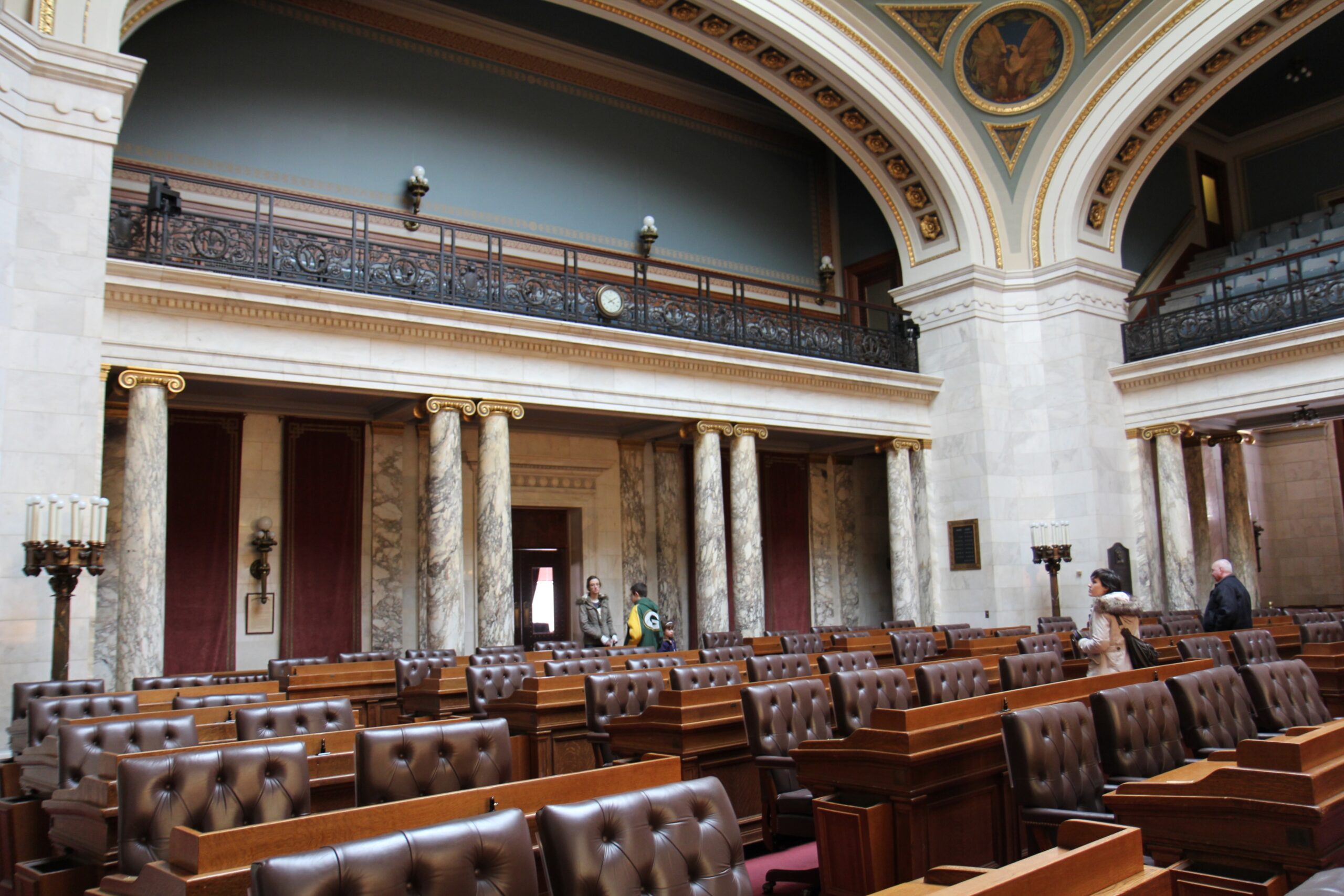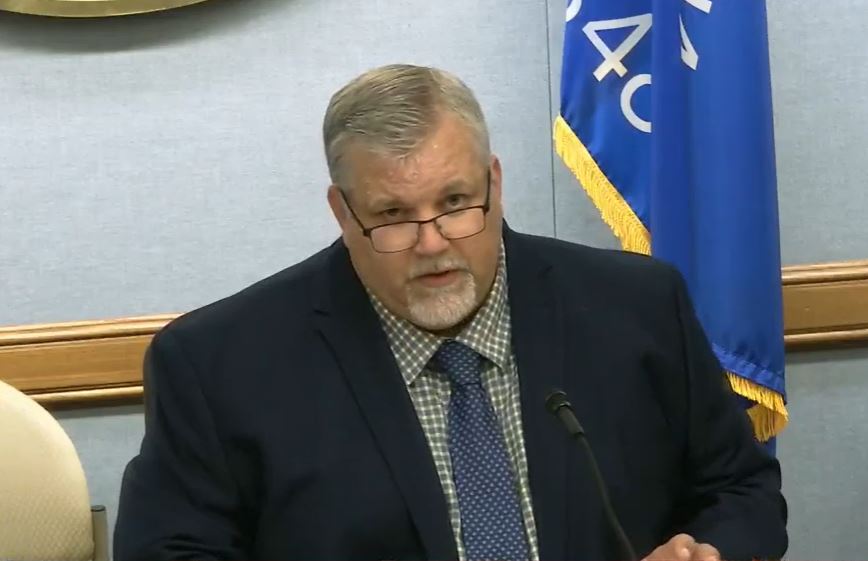Legislative drafting files show an energy firm had a hand in crafting proposed changes to the Wisconsin’s eminent domain law.
A staffer with Assembly Speaker Robin Vos’s office requested Enbridge Energy attorneys speak with drafters on a language change affecting who has power to take private property for public use.
Among proposed language changes, the provision would change the wording from “corporation” to “business entity” regarding who would be able to take private property for public use. Enbridge Energy is considered a limited partnership, which doesn’t have the same legal definition as a corporation under the law.
News with a little more humanity
WPR’s “Wisconsin Today” newsletter keeps you connected to the state you love without feeling overwhelmed. No paywall. No agenda. No corporate filter.
In an email exchange between Enbridge lobbyist Bill McCoshen and Thomas Pyper with Enbridge’s legal counsel, Pyper wrote: “The (language) change needs to be made. The (Public Service Commission) is not like a court. A finding in one contested case has no binding precedential value for another contested case.”
Pyper was referencing a prior PSC decision in a 2008 Enbridge case where the commission determined a “corporation” could be construed to mean a “business entity.” In the email, Pyper wrote that the decision “provides no certainty” to Enbridge.
Elizabeth Ward, program director for the Sierra Club — John Muir Chapter, said the change would make it easier for Enbridge to obtain private property if approved by the Public Service Commission.
“It’s a policy item that has no fiscal impact, so there’s no reason for it to be in the budget unless they were trying to sneak it in there,” she said.
In a prepared statement, Enbridge stakeholder relations manager Jennifer Smith said, “The amendment reflects an update to outdated language and better reflects today’s more modern business models.”
The speaker’s office didn’t immediately return a request for comment.
Wisconsin Public Radio, © Copyright 2025, Board of Regents of the University of Wisconsin System and Wisconsin Educational Communications Board.






